Vaccine Prices
At TravelHealthUK, we offer a comprehensive range of vaccines at competitive prices to ensure you’re well-prepared for your travels. Our pricing is transparent, allowing you to plan your healthcare needs effectively.
Access up-to-date vaccine information and tailored recommendations to protect you against health risks specific to your travel destination.
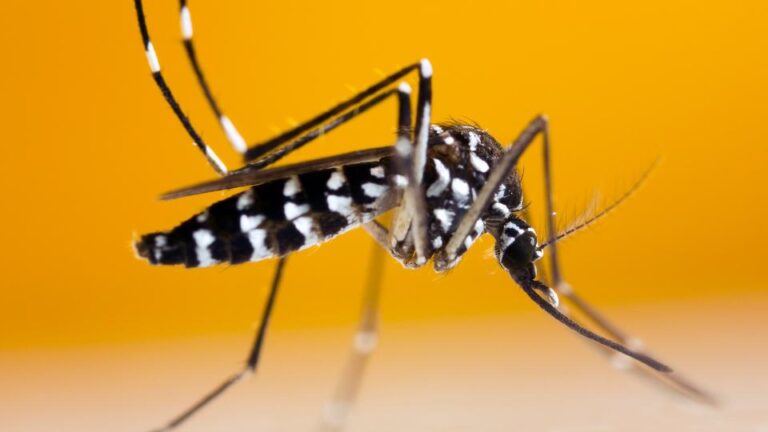
Yellow fever (YF) is a serious viral disease transmitted by infected mosquitoes, particularly species active during the day. The virus is endemic in tropical regions of Africa, South America, parts of Central America, and Trinidad in the Caribbean. Yellow fever can present with a range of symptoms, from mild illness to severe, life-threatening conditions involving jaundice (yellowing of the skin and eyes), bleeding, and major organ failure. While yellow fever is rare among Western travellers, unvaccinated individuals visiting risk areas are vulnerable, particularly during the late rainy to early dry seasons when transmission is most intense. Factors such as travel destination, duration, and activities that increase mosquito exposure, as well as vaccination status, play a significant role in determining risk.

Typhoid is a bacterial infection caused by Salmonella Typhi, typically acquired through the consumption of contaminated food or water. A related infection, paratyphoid fever, is caused by Salmonella Paratyphi, and together they are known as enteric fever. These diseases are most prevalent in low-income regions with inadequate sanitation and limited access to clean water, particularly in parts of Asia, Africa, and Central and South America. Most travel-related cases in the UK occur in individuals visiting friends and relatives in the Indian subcontinent, including Bangladesh, India, and Pakistan. Typhoid remains a significant health risk in these areas, highlighting the importance of preventive measures for travellers.
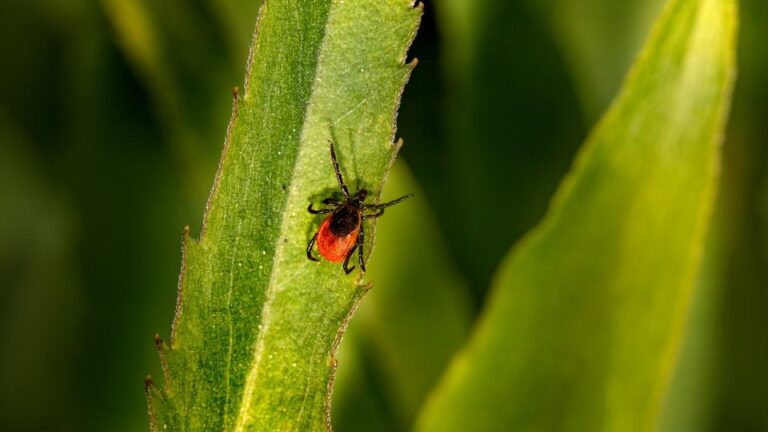
Tick-borne encephalitis (TBE) is a viral infection transmitted through the bite of infected ticks, commonly found in parts of Central, Eastern, and Northern Europe, Siberia, and parts of Asia. The disease is most prevalent in forested areas and adjacent grasslands, as well as meadows, marshlands, and parks. Ticks are particularly active during spring and summer, making these seasons higher risk for exposure. Travellers engaging in outdoor activities such as walking, camping, or working in woodland areas are at increased risk. Since 2011, six confirmed cases of TBE have been reported in the UK, all linked to travel to endemic regions in Europe. While rare for UK travellers, awareness and preventative measures are essential for those visiting high-risk areas.

Tetanus is a potentially life-threatening disease caused by a toxin produced by the bacterium Clostridium tetani. Tetanus spores are found in soil and manure worldwide, and the infection is acquired when these spores contaminate an open wound. High-risk wounds include deep punctures, burns, fractures with broken skin, and injuries containing foreign material. Once inside the body, the bacteria produce a toxin that attacks the nerves, leading to severe muscle spasms and other complications. While tetanus is rare in countries with widespread vaccination programmes, such as the UK, it remains more common in resource-poor areas with low vaccination coverage.

Rabies is a deadly viral disease transmitted to humans through the bite or scratch of an infected animal, most commonly dogs. The virus attacks the central nervous system, causing severe and irreversible damage to the brain and spinal cord. Without immediate treatment, rabies is nearly always fatal once symptoms develop. While the disease is exceedingly rare in the UK, it remains a significant health concern in regions of Asia, Africa, and Central and South America. Globally, rabies causes an estimated 59,000 deaths annually, with the majority of cases occurring in areas with limited access to vaccines and post-exposure treatment. For UK travellers, the risk of contracting rabies is low but increases when travelling to regions where rabies is endemic and healthcare infrastructure may be inadequate.

Poliomyelitis, or polio, is a potentially paralysing viral infection that is preventable through vaccination. The virus is transmitted via food or water contaminated with infected human faeces or through direct contact with an infectious individual. While polio is extremely rare among UK travellers, with the last imported case reported in 1993, certain groups face a higher risk. These include individuals visiting friends and relatives in polio-endemic areas, long-stay travellers, and those exposed to poor sanitation. Historically, polio was a significant global health threat, paralysing thousands daily, but efforts such as the Global Polio Eradication Initiative have drastically reduced cases by over 99%. Today, Afghanistan and Pakistan remain the last two countries where polio is endemic, though other regions occasionally report imported cases, highlighting the importance of ongoing prevention.

Meningococcal disease is a rare but potentially life-threatening infection caused by the bacterium Neisseria meningitidis, which has six primary disease-causing strains: serogroups A, B, C, W, Y, and X. In the UK, around 10% of the population are thought to carry the bacteria harmlessly in their nose or throat. Transmission occurs through close contact with carriers, such as through coughing, sneezing, or kissing. Although carriers typically remain asymptomatic, the bacteria can invade the bloodstream or central nervous system, leading to invasive diseases such as septicaemia (blood poisoning) or meningitis (infection of the brain lining). While meningococcal disease is uncommon, its impact can be severe, often requiring immediate medical intervention.
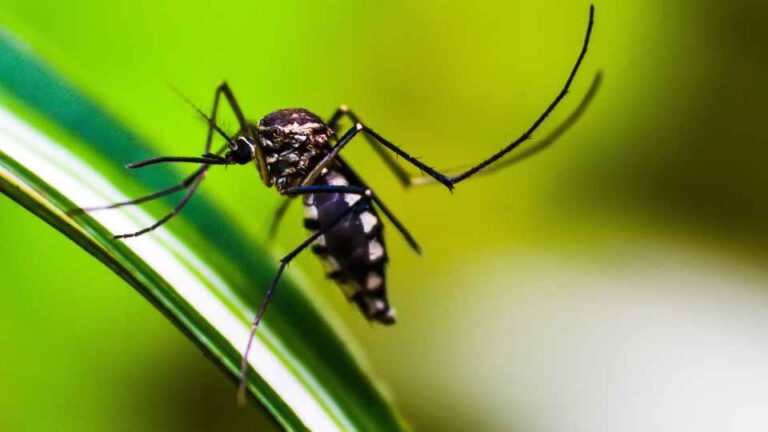
Malaria is a serious and sometimes fatal disease caused by the bite of mosquitoes infected with the Plasmodium parasite. Five species of this parasite can infect humans, with Plasmodium falciparum being the most dangerous due to its potential to cause severe illness and life-threatening complications. Malaria is prevalent in tropical regions, including Africa, Asia, Central and South America, the Caribbean, the Middle East, and Oceania. It is preventable and treatable when diagnosed promptly. Despite its preventability, around 1,500 cases of malaria are reported annually in travellers returning to the UK, often due to inadequate use of protective measures like anti malaria tablets or bite prevention strategies.
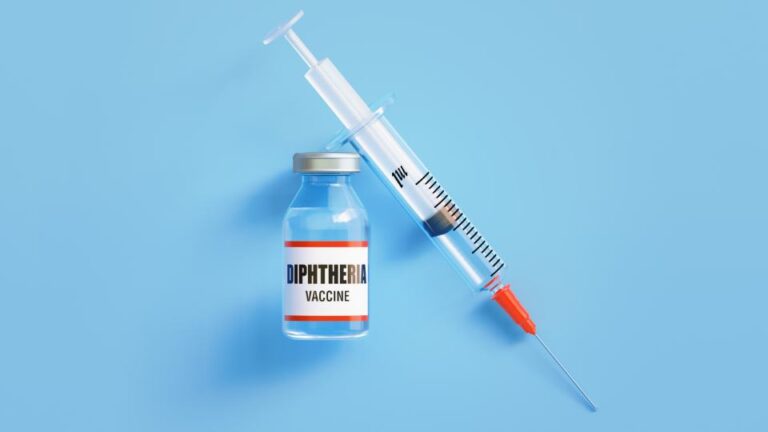
Diphtheria is caused by the bacterium Corynebacterium diphtheriae. It spreads easily through respiratory droplets from coughs or sneezes, or by direct contact with an infected person or contaminated items such as bedding or clothing. Prolonged or close contact with someone who has the condition or is carrying the bacteria significantly increases the risk of transmission—for instance, living in the same household.

Cholera is a bacterial disease characterised by profuse watery diarrhoea, caused by toxin-producing strains of the bacterium Vibrio cholerae. It is typically contracted by ingesting water or food contaminated with the bacteria, with humans being the only known natural hosts. Cholera outbreaks are most commonly linked to conditions of poverty, poor sanitation, and limited access to clean drinking water, which are prevalent in many low-income countries. While the overall risk of cholera for travellers is extremely low, certain activities—such as drinking untreated water, consuming undercooked seafood, or living in unsanitary conditions—can increase the likelihood of infection. Relief workers and travellers in disaster zones or refugee camps, where sanitation and clean water are scarce, are at higher risk of contracting cholera.

Hepatitis A is a viral infection that primarily affects the liver, causing inflammation and impacting its function. The virus spreads through ingestion of contaminated food or water, as well as through direct contact with an infected person. While rare in the UK, hepatitis A is more common in low-income countries where sanitation and hygiene practices may be inadequate. High-risk regions include the Indian subcontinent, Sub-Saharan Africa, parts of the Far East, South and Central America, and the Middle East. Certain groups, such as long-stay travellers, those with existing medical conditions like liver disease, men who have sex with men, and people who inject drugs, are at an increased risk of acquiring the virus. Preventative measures, such as maintaining good hygiene and avoiding unsafe food or water, are crucial when visiting areas where hepatitis A is prevalent.
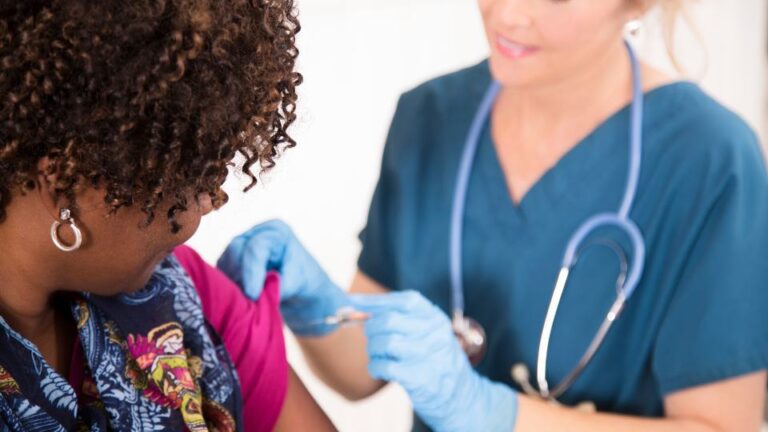
Hepatitis B is a viral infection that targets the liver and spreads through contact with the blood or bodily fluids of an infected person. It is a global health issue, with the highest prevalence rates found in parts of East Asia and Sub-Saharan Africa. Moderate rates of infection are reported in the Amazon, Southern and Eastern Europe, the Middle East, and the Indian subcontinent, while Western Europe and North America experience relatively low rates. Although the risk to travellers is generally low, certain activities such as unprotected sex, medical procedures using contaminated equipment, or engaging in contact sports in high-prevalence areas can significantly increase the likelihood of exposure. Travellers staying for long durations or working in healthcare settings are also at heightened risk.

Japanese encephalitis (JE) is a viral infection that affects the brain and is transmitted to humans by mosquitoes, primarily in parts of Asia and the Pacific rim. The mosquitoes responsible for spreading JE are most active during the night, from dusk to dawn, and thrive in rural areas associated with rice farming and pig rearing. However, they can also be present in urban environments. While the risk to most travellers is low, factors such as prolonged stays, rural travel, and outdoor activities in endemic regions during transmission seasons increase the likelihood of exposure. Activities like fieldwork, camping, or staying in rural areas during dusk and night can heighten risk, even for short-term visitors.
At TravelHealthUK, we offer a comprehensive range of vaccines at competitive prices to ensure you’re well-prepared for your travels. Our pricing is transparent, allowing you to plan your healthcare needs effectively.